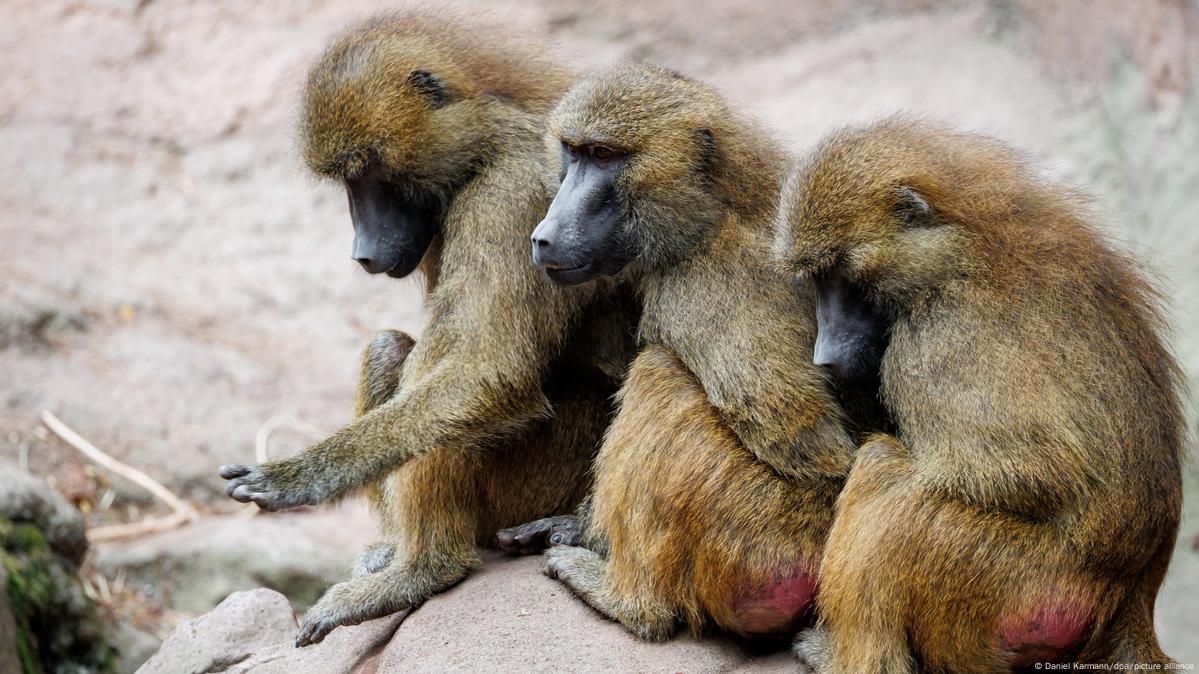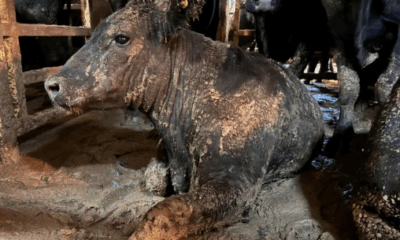News
Baboons Fed to Lions: Nuremberg Zoo Under Fire Over Shocking Culling Decision

“Unthinkable.” “Barbaric.” “A wake-up call.”
These are just some of the reactions flooding social media after Germany’s Nuremberg Zoo admitted to killing 12 baboons due to overcrowding, then feeding six of the dismembered primates to its carnivores.
The decision has ignited furious backlash. Animal rights activists are protesting outside the zoo gates. Legal authorities are reviewing formal complaints. And the ethical debate about modern zoos has reached a boiling point.
The Culling That Shocked the World
Zoo officials insist the baboon culling on 29 July 2025 was a last resort. Their troop had ballooned to over 40 animals, nearly double the enclosure’s 25-adult capacity. Years of attempted population control through contraceptives failed when the birth control disrupted the group’s social hierarchy. Relocation efforts proved equally unsuccessful.
With no expansion space and no other institutions willing to accept the surplus animals, zoo management made the controversial call to euthanise 12 baboons.
But the story didn’t end there.
Fed to Predators: The Gruesome Details
Six of the euthanised baboons were given as food to the zoo’s lions, tigers, maned wolves, and marbled polecats. Their heads, hands, and feet were removed beforehand.
Deputy zoo director Jörg Beckmann explained the extremities were removed “out of respect for visitors” who might be disturbed seeing carnivores consume primate limbs. The skulls and brains were preserved for scientific research.
Beckmann defended the decision as both practical and educational: “Whole prey maintains carnivores’ dental hygiene. This mirrors natural behaviour. There’s no nature documentary where predators don’t feed on carcasses.”
Public Outrage Reaches Fever Pitch
This justification has done little to calm the storm. The Nuremberg Fürth public prosecutor’s office is currently reviewing hundreds of formal complaints regarding the incident.
Outside the zoo, over 300 Animal Rebellion protesters have maintained a presence since late July, with camps forming in early August. Their demands include an immediate ban on future culling and a complete halt to zoo breeding programmes.
The controversy has reignited global conversations about zoos’ ethical responsibilities. Should these institutions continue breeding animals they can’t guarantee lifelong care for? Are modern zoos keeping pace with 21st-century welfare standards?
A Systemic Problem in Captive Animal Management
While Nuremberg Zoo maintains it acted in the animals’ best interests, critics see this as symptomatic of larger issues facing zoos worldwide. Urban facilities particularly struggle with space constraints, outdated enclosures, and tight budgets that compromise animal welfare.
Similar debates have emerged in South Africa regarding predator parks and lion breeding facilities. The Nuremberg incident, while extreme, highlights universal challenges in balancing conservation with ethical captivity.
A Watershed Moment for Zoo Ethics?
Whether legally permissible or not, the image of human-like baboons becoming lion food has struck a deep chord. In Germany, where animal welfare is constitutionally protected, this case may set important precedents.
As one protester’s sign poignantly declared outside the zoo gates: “This isn’t education. This is execution.”
The world is now watching to see how Nuremberg Zoo and similar institutions will respond to this ethical reckoning.
Also read: Chicken Chaos: Paperwork Delays Threaten SA’s Meat Supply and Push Up Prices
Follow Joburg ETC on Facebook, Twitter, TikTok and Instagram
For more News in Johannesburg, visit joburgetc.com
Source: IOL
Featured Image: DW


















